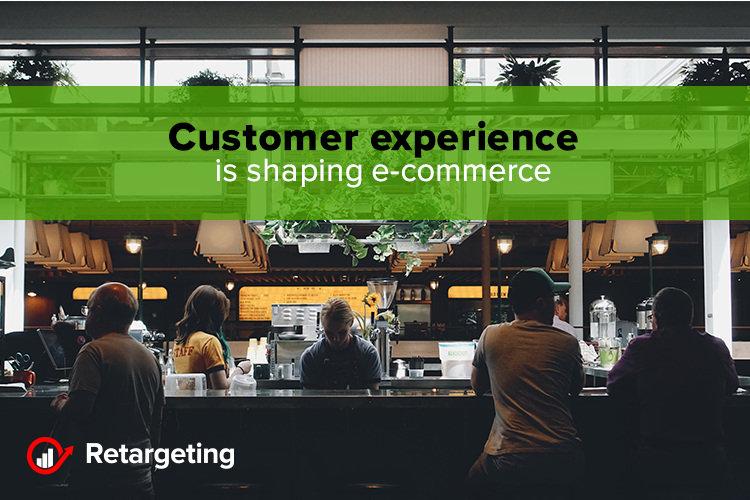
by Andreea Handoca | Mar 14, 2019 | E-commerce trends
Generally, consumers evaluate brands based on personal feelings and experiences rather than information such as features and facts. On top of leveraging customer demographics, marketers who are ahead of the curve now include mood targeting techniques in their strategies.

by Andreea Handoca | Mar 11, 2019 | E-commerce trends
About 50 percent of online shoppers turn to images of the product when looking for something and it inspires them to purchase, and more and more turn to Google Images. That’s the reason Google recently announced it is introducing a new way for retailers to promote products in image search with shoppable ads.

by Andreea Handoca | Mar 7, 2019 | E-commerce trends
They stop by, they click around, but too many of them just leave. If you run an online store, you’d definitely like to convert more of your traffic into buyers. All online stores face a somewhat essential problem that prevents more conversions, trust! Or more specifically the lack of trust. People tend to trust things more when other people trusted them first. This is something that can be impacted in surprising ways with the smart use of social proof.

by Andreea Handoca | Mar 4, 2019 | E-commerce trends
Interactive content is a highly effective way of doing marketing. It connects users with a brand on multiple levels and provides a creative and unique experience that is personalized to each user. Which in turn lead to keeping their attention longer, increasing excitement and users will be more likely to seek it out.

by Andreea Handoca | Feb 28, 2019 | E-commerce trends
Nowadays, everything seems to be about ease, convenience, and availability. With a few clicks, you can get almost anything sent to your home. And if you can’t get what you need from one business, another option is just a few more clicks away. So why wait? In this climate, it seems like scarcity marketing should be a thing of the past.

by Andreea Handoca | Feb 25, 2019 | E-commerce trends
Up until recently, shopping was purely transactional. A merchant had a product a consumer wanted. The consumer purchased that product from the merchant and went on their way. But over the past couple of decades, shopping stopped being this singular moment. It turned into a series of interactions between the retailer and the consumer. And it started well before the consumer even intended to buy anything.






